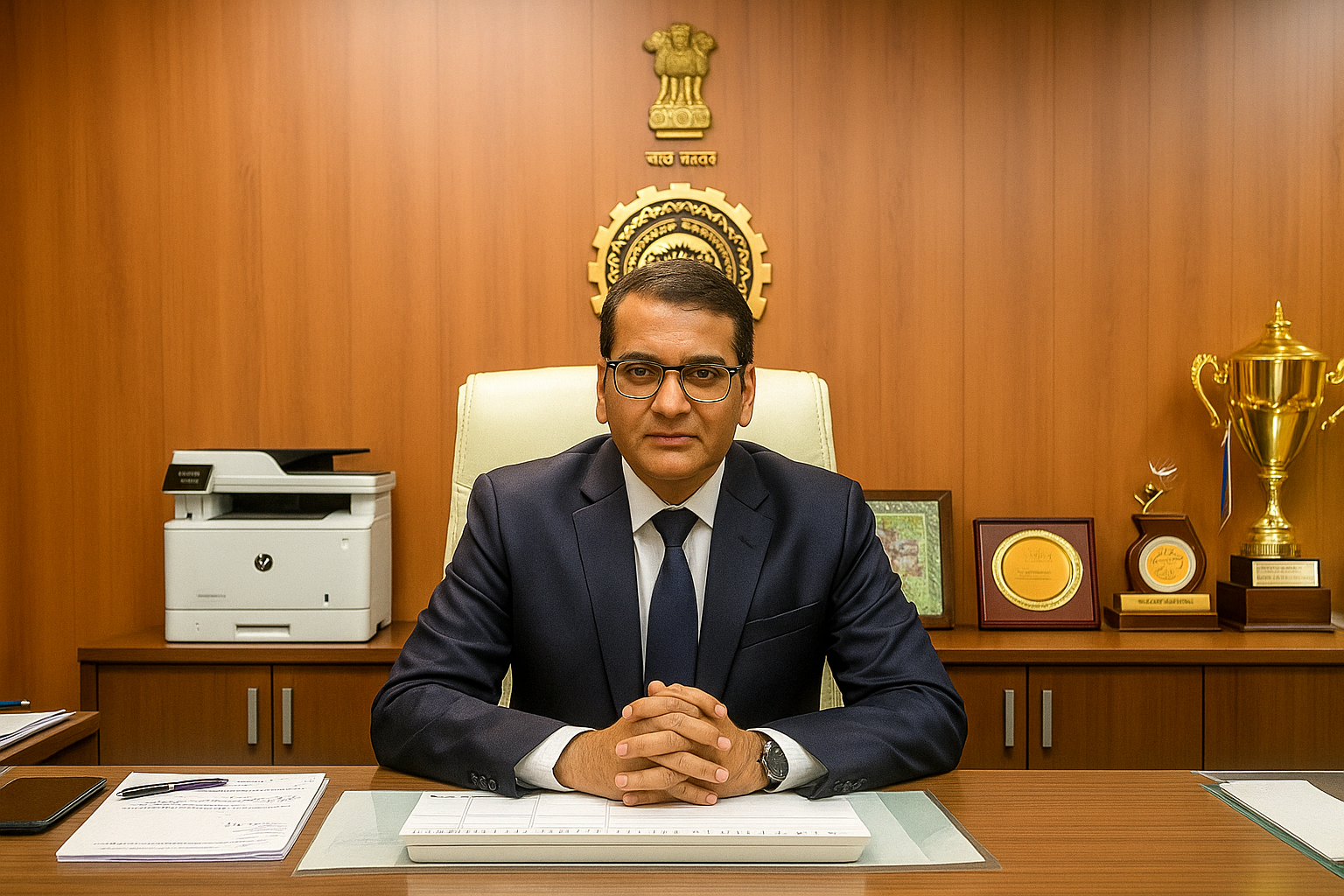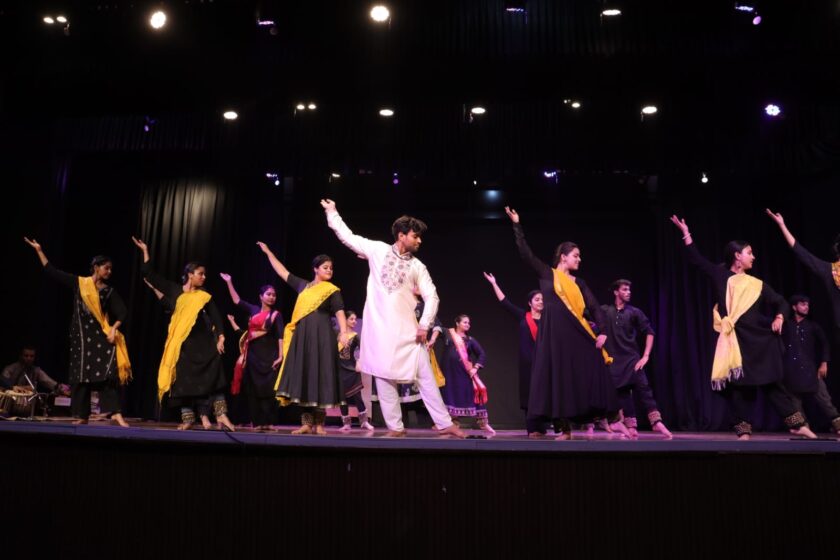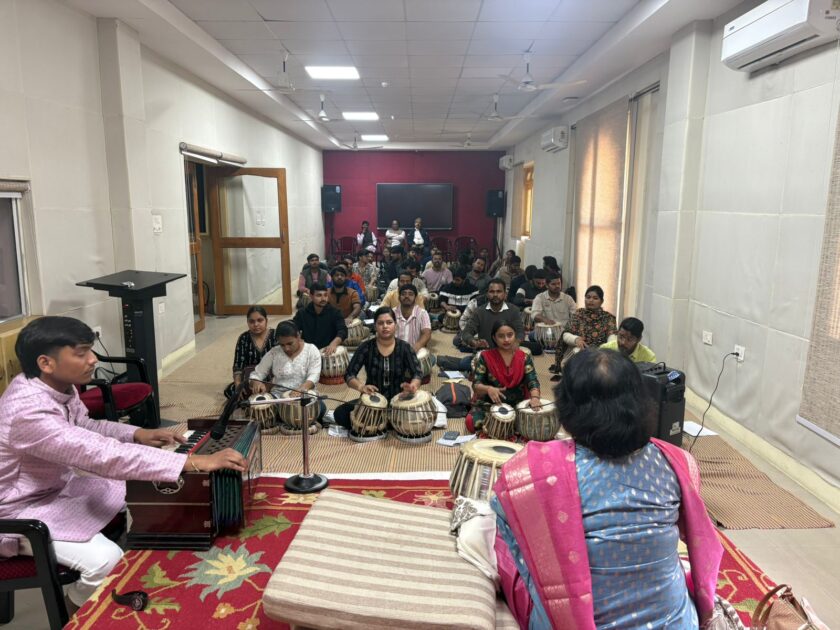Lucknow: Speaking to The Lucknow Tribune, Ashwini Kumar Gupta, Regional PF Commissioner, Lucknow emphasized the transformative potential of the newly approved PM Viksit Bharat Rozgar Yojana, calling it a “game-changer for India’s job ecosystem.” With a massive outlay of Rs 99,446 crore, the scheme aims to generate over 3.5 crore jobs in just two years, particularly boosting the manufacturing sector. “This initiative not only incentivizes first-time employees but also encourages employers to expand their workforce, while formalizing the economy and ensuring social security,” Gupta said. He underscored that the ELI Scheme will be a crucial pillar in realizing India’s employment and economic goals.
Q: The Cabinet recently approved the PM Viksit Bharat Rozgar Yojana. How significant is this step for employment generation in India?
Ashwini Kumar Gupta: This is a landmark decision. The PM Viksit Bharat Rozgar Yojana is designed to be a catalyst for job creation, especially targeting youth entering the workforce for the first time. With an outlay of nearly Rs 1 lakh crore, the scheme aims to create over 3.5 crore jobs in just two years. It’s a bold step toward formalizing employment and enhancing social security across sectors, especially in manufacturing.
Q: The scheme has two distinct parts. Could you elaborate on what each part entails?
Gupta: Yes, the scheme is structured to benefit both employees and employers.
Part A targets first-time employees. Around 1.92 crore young individuals joining the formal workforce after 01 August 2025 will receive one month’s wage—up to Rs 15,000—in two installments. These payments are tied to job continuity and financial literacy. A portion of this amount will be deposited in a savings instrument to promote long-term financial habits.
Part B is for employers who generate sustained employment. They’ll receive incentives up to Rs 3,000 per month per additional employee for two years—and in the manufacturing sector, up to four years. It’s a smart way to encourage hiring and retention.
Q: Who qualifies as a “first-time employee” under this scheme?
Gupta: First-time employees are individuals who have never been registered with EPFO before. They must draw a salary not exceeding Rs 1 lakh per month. The first incentive installment will be paid after six months of service, and the second after 12 months, along with completion of a financial literacy program.
Q: What are the eligibility criteria for employers to avail incentives under Part B?
Gupta: Employers registered with EPFO must create sustained employment.

- If they have fewer than 50 employees, they must hire at least two additional employees.
- If they have 50 or more employees, they must hire at least five.
The newly hired must remain employed for a minimum of six months to qualify for the incentive.
Q: Can you break down the incentive structure for employers?
Gupta: Certainly. Based on the wage of the additional employee:
- For EPF wages up to Rs 10,000, employers will get up to Rs1,000 per employee.
- For wages between Rs 10,001 and Rs 20,000, the incentive is Rs 2,000.
- For wages above Rs 20,000 (up to Rs 1 lakh/month), it’s Rs 3,000.
This structure ensures proportional support across income groups, encouraging inclusive hiring.
Q: How will the disbursal of incentives take place?
Gupta: Transparency is key. For employees, all payments will be made through Direct Benefit Transfer (DBT) using the Aadhaar Bridge Payment System (ABPS). For employers, incentives will go directly into their PAN-linked accounts.
Q: How do you see this scheme impacting India’s labor landscape?
Gupta: This scheme addresses multiple goals. First, it boosts job creation. Second, it brings more workers into the formal sector, extending social security coverage to all eligible employees. Third, it places financial empowerment and literacy at the center. And lastly, by giving special attention to manufacturing, it aligns with the government’s push to strengthen India as a global production hub.
Q: What’s the long-term vision EPFO has with such schemes?
Gupta: EPFO is committed to expanding social security coverage while enabling economic growth. Through the PM Viksit Bharat Rozgar Yojana, we’re not just creating jobs—we’re also building a resilient and financially secure workforce. The formal sector will thrive when workers feel protected and valued.









